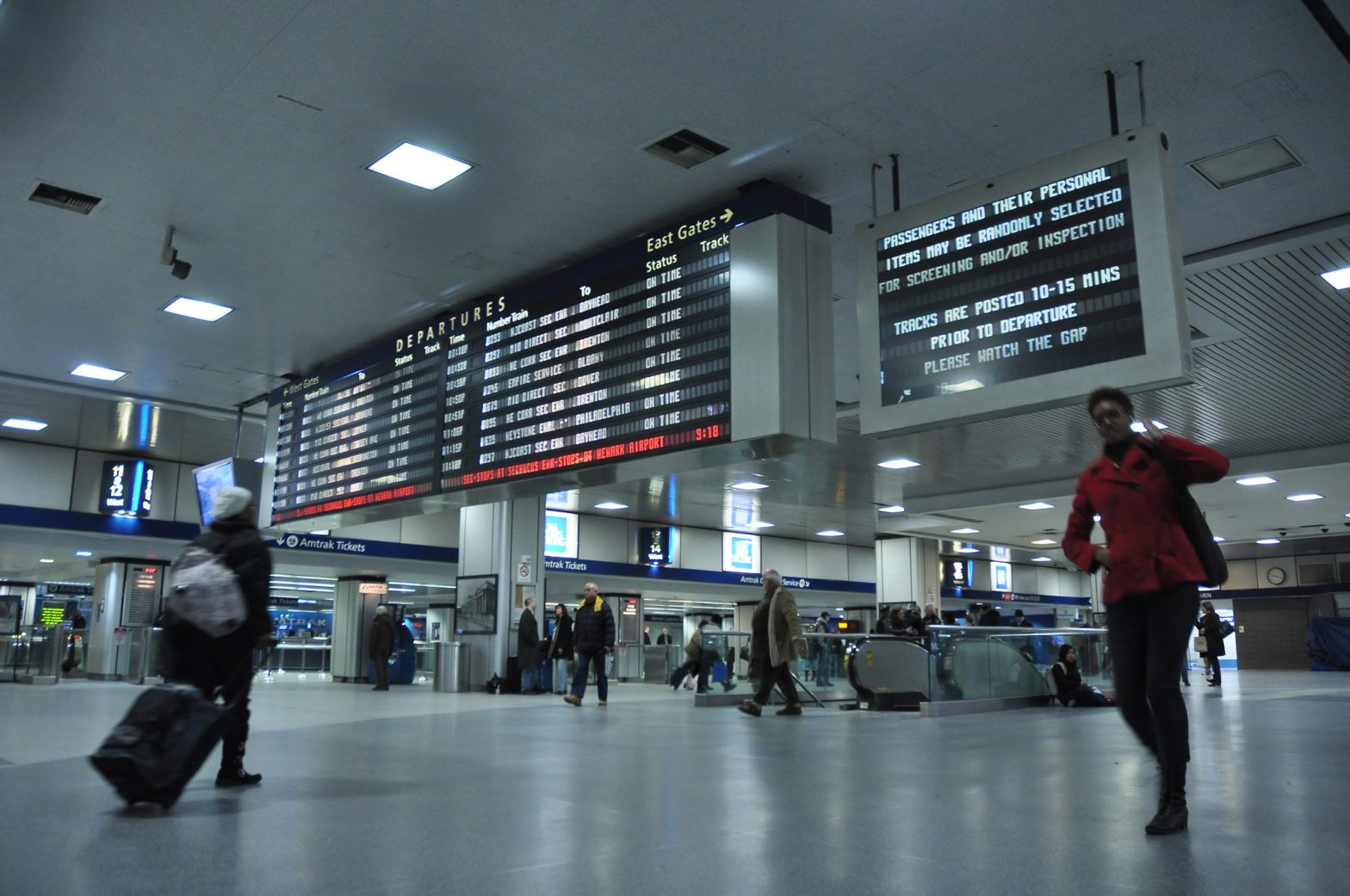
Trump seizes control of Penn Station development
22 April 2025
by William Thorpe
The governance of New York City’s Penn Station reconstruction has entered a new phase, with the US Department of Transportation assuming federal control of the project.
The decision, announced by Sean Duffy, Secretary of Transportation, has added new challenges to one of the country’s most closely followed urban projects.
A statement said: “Secretary Duffy is exercising full federal authority over the Penn Station reconstruction project, effective immediately.”
According to his department, the move comes in response to concerns about delays and coordination challenges.
“Years of squabbling and inaction have left one of America’s most vital transportation hubs stuck in dysfunction,” said Duffy. “The time has come to take the wheel.”
The Metropolitan Transportation Authority (MTA), which has led planning for the reconstruction, voiced concern over the decision. Janno Lieber, MTA Chair and CEO, noted that progress on the project was already well underway.
“Penn Station is already moving forward,” said Lieber. “The only thing that could mess it up is the kind of delay and chaos this federal overreach is creating.”
Lieber also responded to a new federal deadline requiring submission of a revised environmental review within 30 days.
“It is a recipe for delay, not progress,” he said. “New Yorkers need results, not another decade of studies and indecision.”
Penn Station, opened in 1910, was demolished in the 1960s to make way for Madison Square Garden, sparking public outcry and the US landmark preservation movement. Over the years, the station has struggled with overcrowding and ageing infrastructure, prompting ongoing efforts to modernise and expand it.
Federal pushback extends to NYC’s congestion pricing
Despite differences over oversight, both parties have emphasised the importance of delivering improvements at Penn Station. However, the discussion has broadened beyond infrastructure to include the city’s new congestion pricing programme, which launched earlier this year.
In a 21 April letter to Kathy Hochul, Governor of New York, Duffy raised questions about the programme’s impact on residents and small businesses.
“This administration cannot and will not support efforts that harm working families and burden small businesses,” he said. “We are committed to protecting Americans from punitive taxes masquerading as transportation policy.”
While Hochul has not yet issued a formal reply, Lieber signalled the agency’s position in a separate statement: “Congestion pricing is vital to making New York’s transit system more reliable and resilient–and it’s already delivering results.”
Image: Rorem | Dreamstime.com












